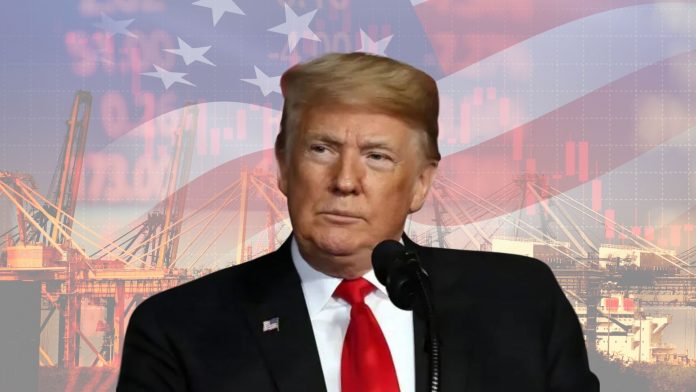According to sources familiar with the matter, the White House has drafted a proposal to impose 20% tariffs on most imports, a move that could reshape global trade and rattle financial markets. President Donald Trump is set to announce the plan today, which he has labeled “Liberation Day,” as part of his larger effort to overhaul the global economic system.
If enacted, the tariffs could have immediate economic repercussions. Although economists have mixed views on the impact of tariffs, some have warned that prolonged import duties could lead to slower economic growth and raise the unemployment rate above 7%, while others argue that the policy could boost domestic manufacturing and reduce trade deficits. For instance, the S&P 500 has lost 8% since Trump first floated the idea in mid-February.
However, the White House insists the tariffs are necessary to counter decades of unfair trade practices. While specifics remain unclear, former Commerce Secretary Wilbur Ross noted that officials are considering a flat import tariff between 15% and 25%, with potential exemptions for goods no longer manufactured in the U.S.
Further, Trump has floated sector-specific tariffs on automobiles, pharmaceuticals, copper, and lumber. While the administration argues the tariffs could generate over $6 trillion in revenue, some officials suggest it may help fund tax rebates. In addition, supporters believe the policy will incentivize companies to relocate production to the U.S., though critics warn of higher prices and trade retaliation.
It is important to note that Trump has reiterated his commitment to tariffs, arguing they will create a fairer trade environment. On Monday, he told reporters, “Whatever they charge us, we’ll charge them.” With the final details to be unveiled in a Rose Garden ceremony, there are no planned exemptions for farmers.
As the announcement approaches, Wall Street firms are revising their economic outlooks. Goldman Sachs projects that if 15% tariffs take effect, U.S. economic growth will slow to just 1% by year’s end, with a one-in-three chance of a recession. Moody’s warns that a 20% tariff could lead to over 5 million job losses by early 2027, with unemployment peaking at 7.3%.
Ultimately, the economic and political fallout remains uncertain, but the proposal has already drawn sharp criticism. Supporters of the tariffs argue they will protect American industry and create jobs, while critics warn they may lead to higher prices and economic disruptions, particularly affecting lower-income consumers.










